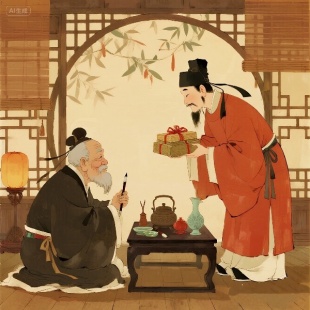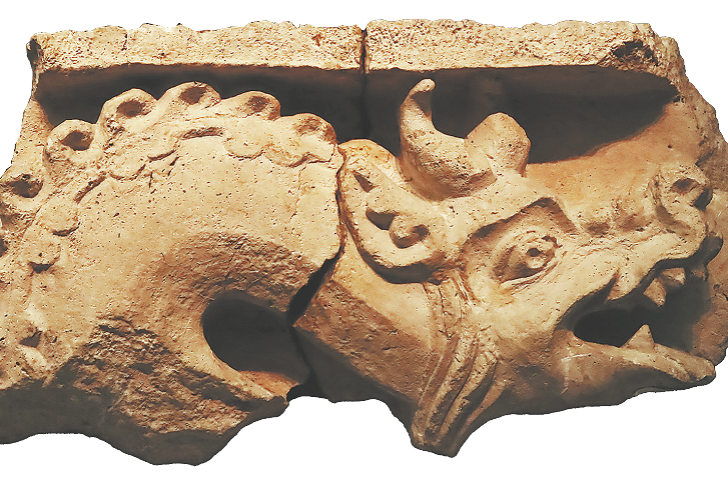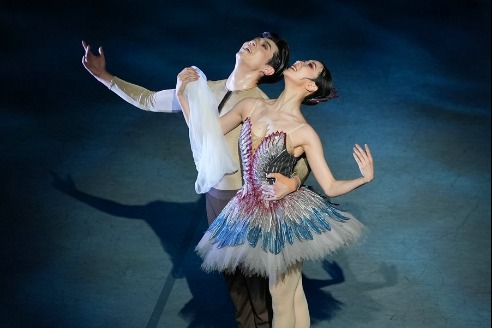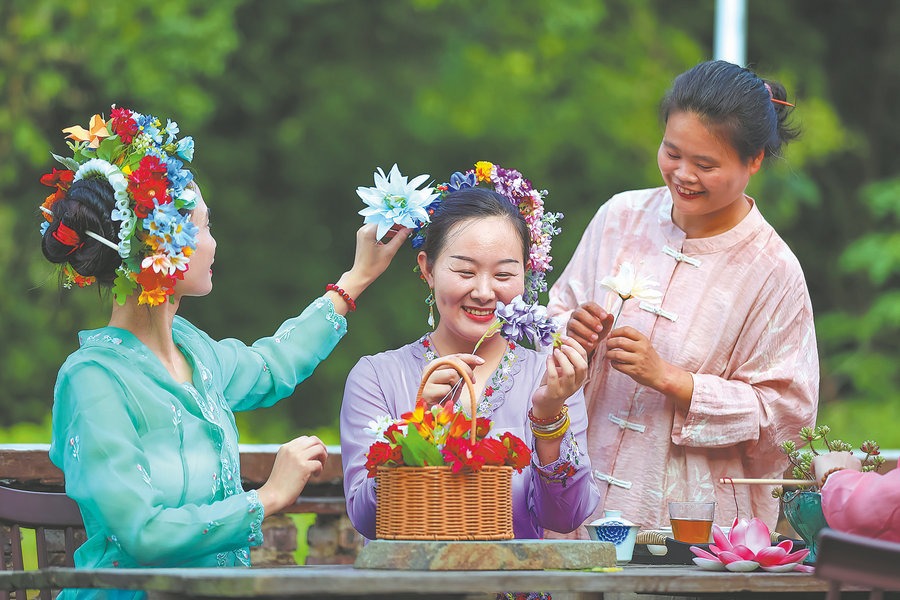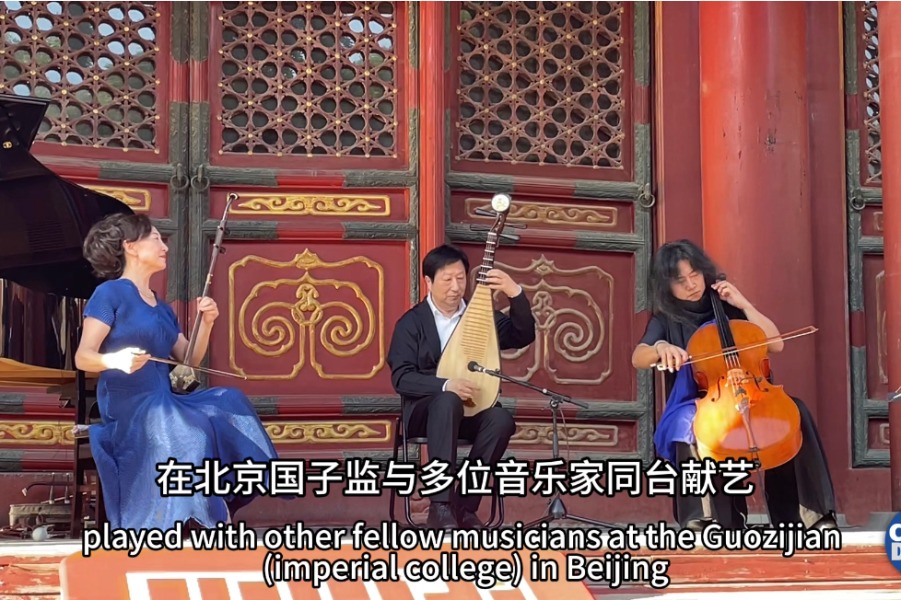Why did students present gifts to teachers in ancient China?


In ancient China, teachers' income usually consisted of salary, accommodation and festive gifts, rather than fixed tuition fees. Parents often paid according to their means, using money or basic foodstuffs.
In private schools, teachers received gifts from host families at major festivals or at the beginning and end of each term. The most common occasions varied by region but typically included Dragon Boat Festival, Mid-Autumn Festival, Chinese New Year, Confucius' birthday and the tutor's birthday.
An introductory gift was also considered essential. When formally becoming apprentices, students would present the symbolic "Six Ritual Gifts with Dried Meat (Shuxiu Liuli)", a tradition especially popular in the Song (960-1279), Ming (1368-1644) and Qing (1644-1911) dynasties.
These included dried meat to express gratitude for the teacher's guidance; celery to symbolize diligence; lotus seeds to represent the teacher's painstaking efforts; red dates to wish for early success in examinations; longan to signify the fulfillment of virtue and merit; and red beans to convey good fortune and a bright future.
During the ceremony, students bowed first to Confucius and then to their teacher, making the ritual both solemn and meaningful — a reflection of the enduring value of honoring teachers and respecting education.


